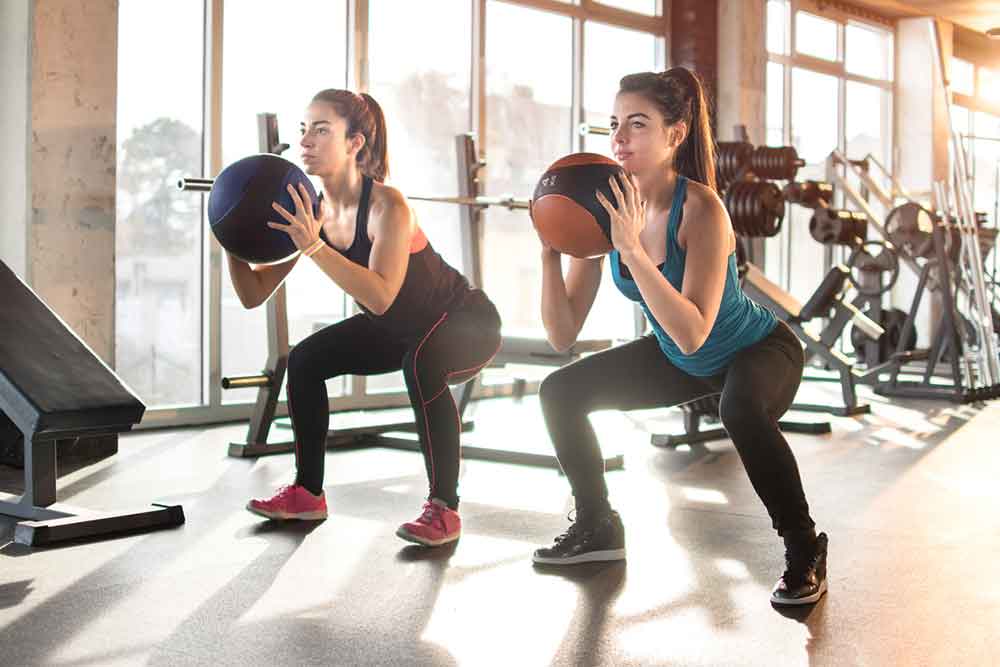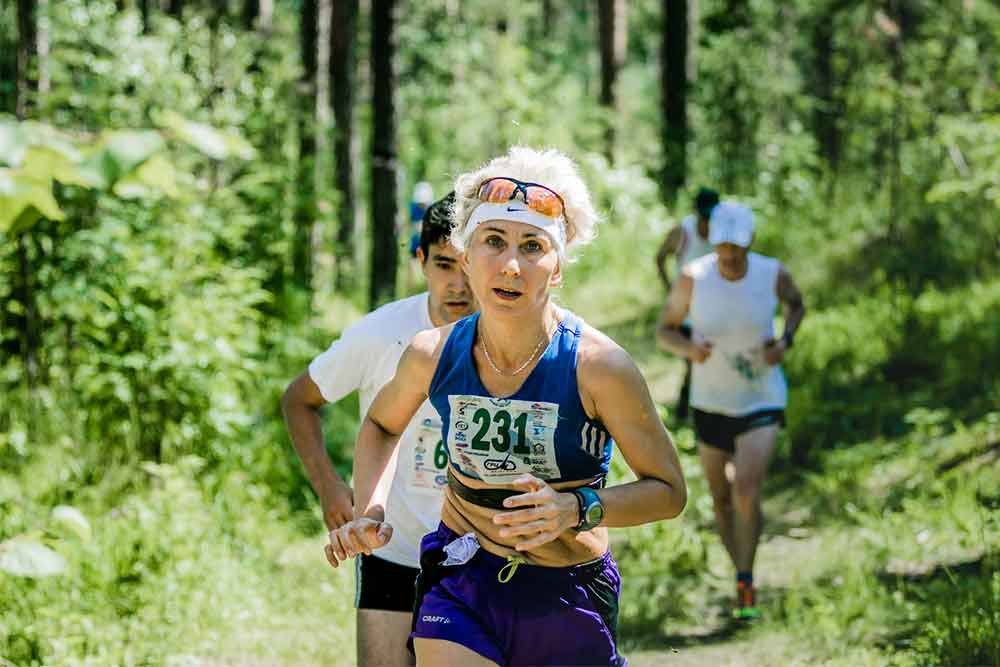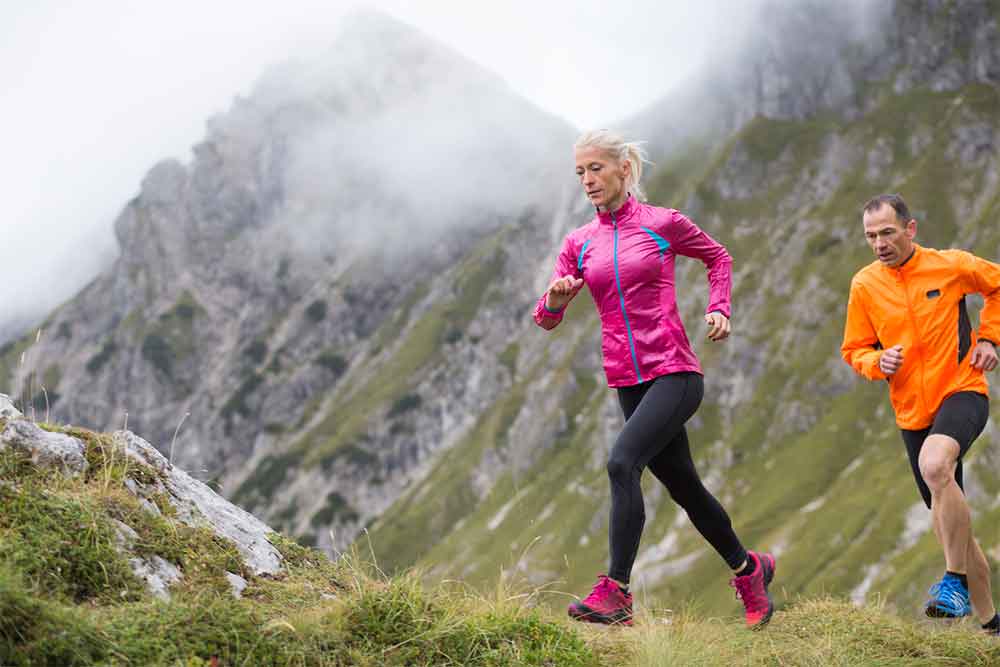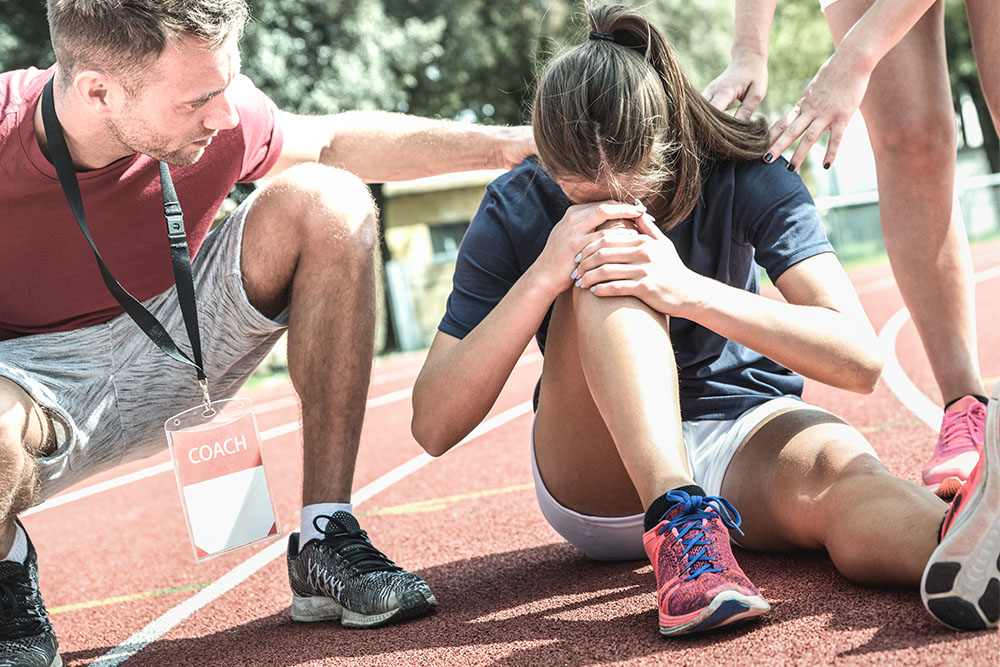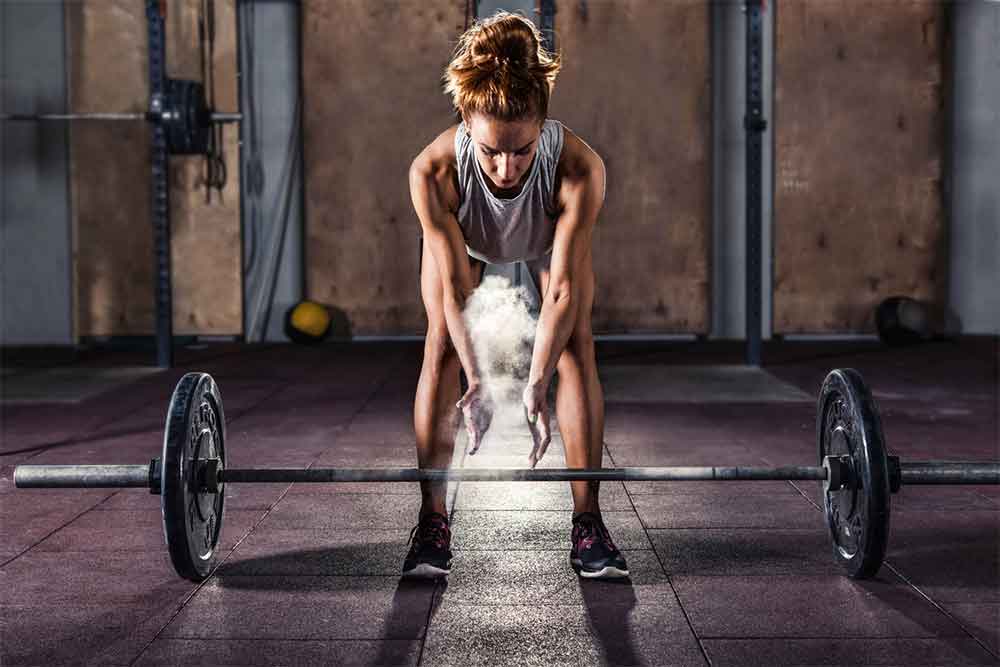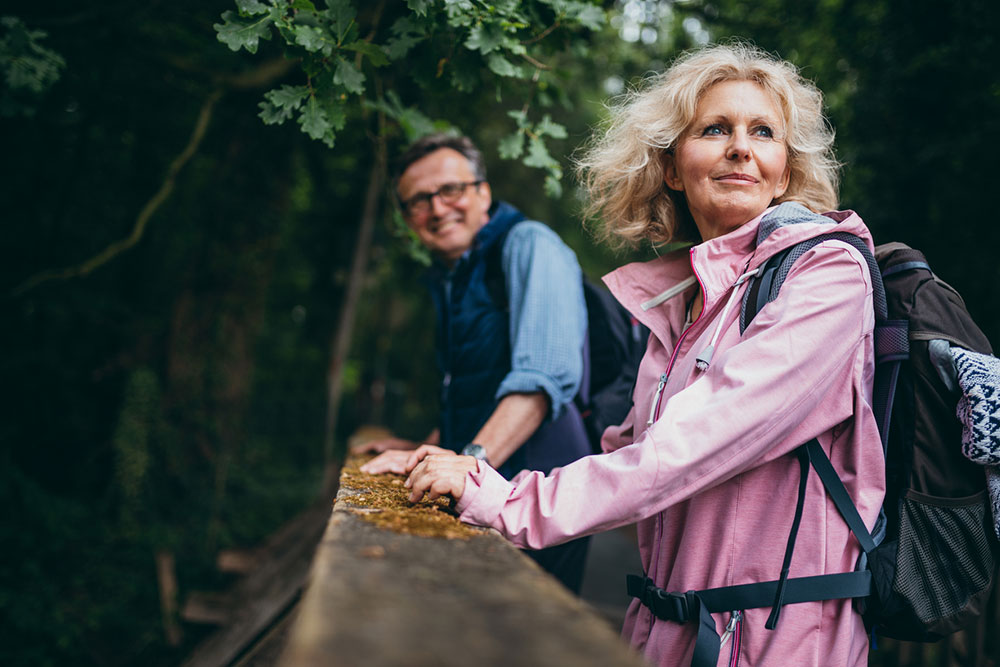Day 3 of the American College of Sports Medicine Conference – 2017

Neurobiological Effects of Physical Activity
Julia Basso – PhD
Exercise and neurodegeneration; potential therapeutic role for FNDC5/irisin (Christiane Wrann, Massachusetts General Hospital, and Harvard Medical School)
We know that exercise improves cognitive functioning, but why? Recent research has discovered that exercise increases a protein in the muscle known as FNDC5 (fibronectin type III domain-containing protein 5). FNDC5 is in turn secreted into the blood as irisin. The increase in these exercise-induced factors causes an increase in brain-derived neurotrophic factor (BDNF) in the hippocampus. As BDNF is like the miracle-grow of the brain, this then leads to increases in hippocampal neurogenesis (or new neurons in the brain). These things underlie why exercise improves our brain functioning.
Can athletic blood cure Alzheimer’s disease in vitro? (Nathan Scrimgeour, Norwegian University of Science and Technology)
There is an experimental technique called parabiosis where you connect the blood systems of two rodents. In what is called heterochronic parabiosis, you can connect a young rodent to an old rodent – the blood from a young mouse has been shown to have rejuvenate effects on the old mouse. In these experiments, the old mice show enhanced structural improvements in the brain, increased neurogenesis, improved neuronal function, and increased cognition. The long-term goal is to use this method in humans, giving patients with Alzheimer’s or Parkinson’s disease blood transfusions from young, healthy individuals. In a recent study, it was shown that cells in culture that were exposed to proteins associated with Alzheimer’s disease (amyloid beta and tumor necrosis factor alpha) start to shrivel and die. However, when these cells are then exposed to blood from humans that just exercised, the cells show decreased levels of atrophy and enhanced viability.
Exercise and Neuroplasticity (Henriette van Praag, National Institute on Aging/National Institute of Health)
Exercise improves spatial learning and memory and pattern separation abilities in rodents; that is, exercise improves hippocampal functioning. These exercise-induced improvements are thought to be related to the fact that exercise increased levels of new neurons in the hippocampus. New research has shown that exercise also changes the local circuitry of the hippocampus. Running reorganizes the circuitry of the hippocampus such that there is significantly increased input from both the brain stem and entorhinal cortex (both lateral and medial components). Excitingly, exercise expands the interconnected nature of brain cells. Work from the van Praag lab is showing that these brain changes may be connected to what is happening directly at the level of the muscle.
Aging, Exercise, and Brain Plasticity (Kirk Erickson, University of Pittsburgh)
In aging individuals, there is huge inter-individual variability in the rates of cognitive decline and brain atrophy, but why? What factors explain this type of variability? Physical activity may be one key factor. Increased levels of physical activity and higher levels of fitness have been shown to be positively associated with cognitive function and brain volume, especially in areas of the hippocampus and prefrontal cortex.
In addition, exercise training enhances cognitive functioning and increases brain volume. In a seminal study, 1 year of physical activity (brisk walking) was shown to increase hippocampal volume by 2% (Erickson et al., 2011). However, there is a large degree of variability in how much individuals respond to physical activity both in terms of cognitive functioning and brain volume. Many moderating factors exist including diet, engagement in intellectual stimulation, gender, age, genetic status, hormone therapy use, omega-3 intake, baseline fitness level…the list goes on. Future studies will need to investigate exactly how these other factors influence the beneficial effects of exercise on the brain and behavior.
Highlight of the Day: An informal chat with Mr. Michael Phelps, the most decorated Olympian of all time!
When asked how he did it he said, “It’s not rocket science – I get in the water and train.” Of course, this training is supported by the best trainers in the world alongside exercise physiologists regulating all aspects of nutrition, supplementation, and recovery. Michael’s overall message for us: “Don’t be afraid to dream.”
You Might Like:


